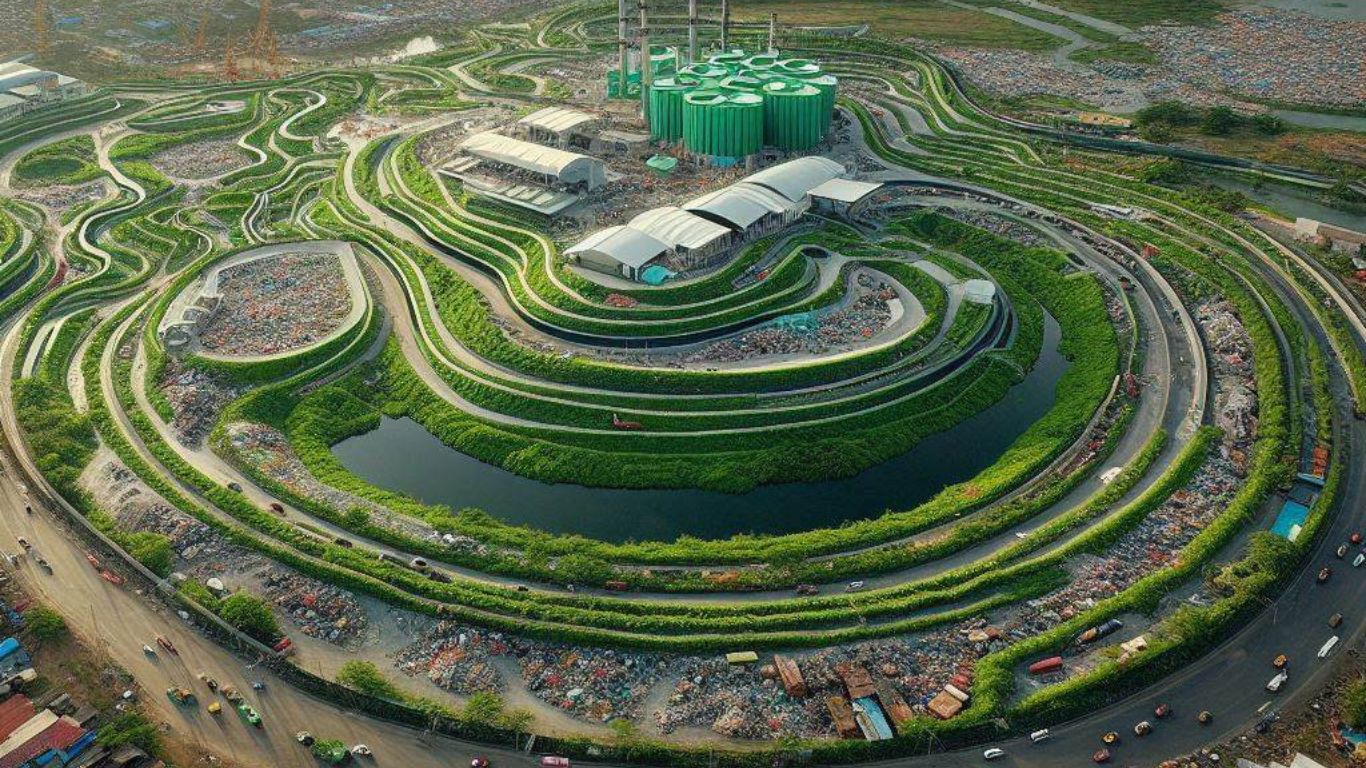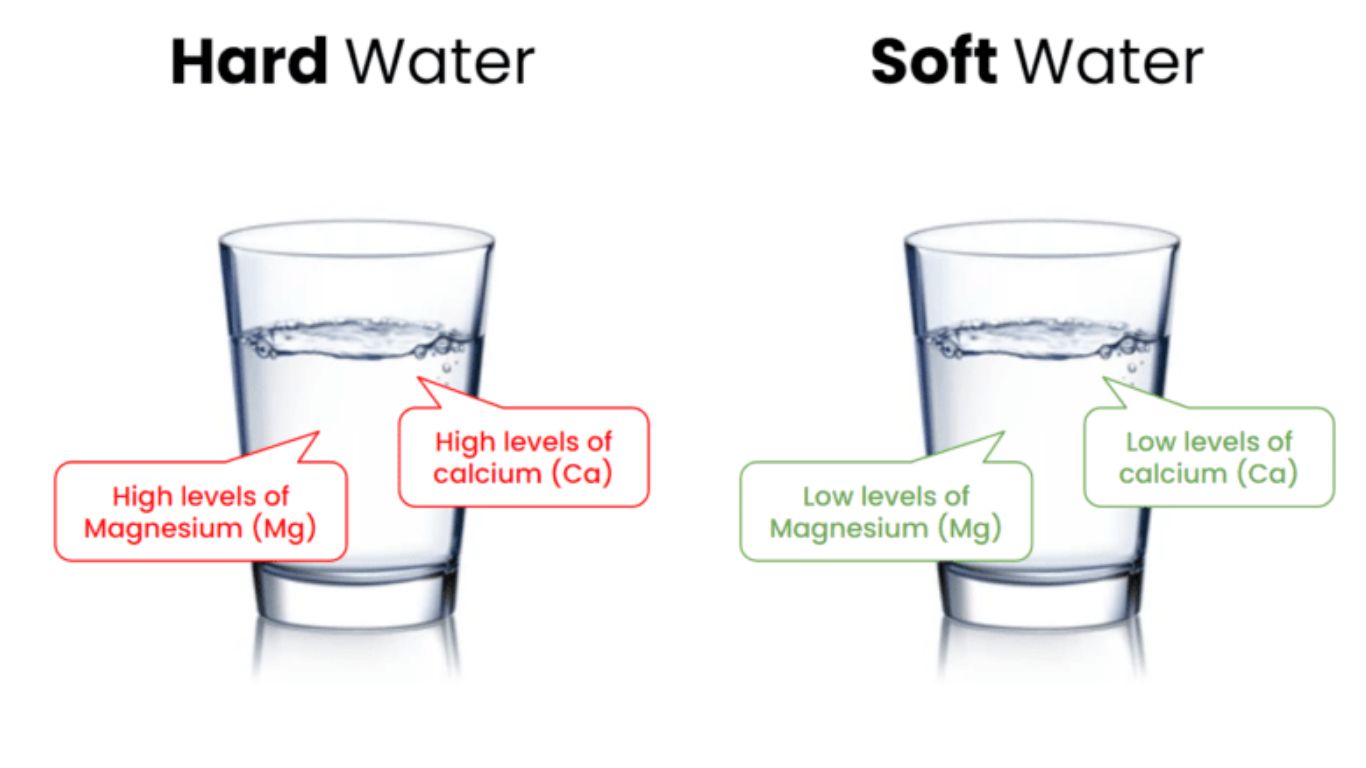Chennai’s Perungudi dumpyard, once a sprawling 226-acre landfill filled with over 50 years of accumulated waste, is now witnessing a remarkable transformation. Through innovative biomining techniques and sustainable practices, the Chennai Corporation has successfully reclaimed 96 acres of land, marking a significant step toward environmental sustainability.
Biomining: The Key to Success
Launched in 2021, the Chennai Corporation’s biomining project has been pivotal in processing 1.7 million cubic meters of legacy waste. The initiative, managed by Zigma Global Environmental Solutions, processed around 1,000 tonnes of waste per day. By utilizing advanced methods like magnetic belts to extract steel, shredding plastic, and filtering stones, the project transformed the dumpyard into a circular economy success story.
Turning Waste into Useful Resources
The waste extracted from the dumpyard has been repurposed into a variety of functional products:
- Furniture: Sofas, benches, and chairs crafted from recycled plastic, steel, and wood.
- Park Infrastructure: Stone ramps up to 20 meters long were constructed for park landscapes.
- Paver Blocks: Concrete mixed with reused plastic and other materials created durable paver and center median blocks.
Additionally:
- Steel Scrap: 2,301 tonnes of steel were recycled into utensils and hardware.
- Glass Scrap: 3,454 tonnes of glass waste were refurbished into bottles ranging from 200ml to 500ml.
- Reused Stones: Over 2.18 million tonnes of stones were reused in concrete structures.
Prashanth Singh, CEO of Blue Planet Environmental Solutions, noted that these recycled products have immense commercial potential, further boosting the circular economy.
Environmental Benefits and CO₂ Reduction
The biomining process has not only reclaimed land but also delivered significant environmental benefits:
- CO₂ Reduction: By using Refuse-Derived Fuel (RDF) as an alternative fuel in cement factories, the project averted 55,944 tonnes of CO₂ emissions.
- Soil Reclamation: Approximately 60% of retrieved waste consisted of fine soil, now repurposed for creating parks, medians, and lake bunds, contributing to the city’s green spaces.
The Road Ahead: A Waste-to-Energy Plant
With 96 acres successfully reclaimed, plans are underway to establish a waste-to-energy plant on the site. A stakeholder meeting is scheduled to discuss the next steps, ensuring continued efforts to maximize the reclaimed land’s utility and sustainability.
A Model for Sustainable Urban Development
The transformation of the Perungudi dumpyard highlights the success of innovative waste management techniques. By adopting biomining and focusing on resource recycling, the Chennai Corporation has set an example for other cities across India to follow.
This project not only resolves legacy waste challenges but also fosters environmental conservation, sustainable urban landscapes, and a cleaner future. Chennai’s green rebirth at Perungudi Dump Yard is a shining beacon of how innovation and commitment can turn trash into treasure.
Key Highlights:
- 96 acres reclaimed through biomining.
- Waste transformed into furniture, park ramps, and paver blocks.
- CO₂ emissions reduced by 55,944 tonnes through RDF usage.
- Plans to set up a waste-to-energy plant on reclaimed land.















